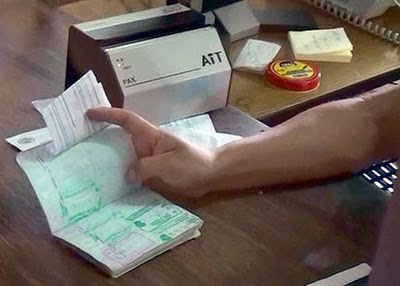Costa Rica News – Seems that Costa Rica has finally decided to start getting imposing laws in regards to illegal immigration and visa status in the country. The $100 a month fine for over staying your visa is finally being implemented. There are also fines for hotels and landlords that are housing those that do not have legal visa status. The question is will this have a negative effect in Costa Rica down the line?
 On 1st August, the Director General for Migration and Immigration announced that from that day forward, they would be imposing fines on employers with workers in either construction or the domestic service if they couldn’t prove the legal residency of these workers.
On 1st August, the Director General for Migration and Immigration announced that from that day forward, they would be imposing fines on employers with workers in either construction or the domestic service if they couldn’t prove the legal residency of these workers.
Kathya Rodríguez, the General Director of Migration, explains that the penalty range between ¢798.800 to ¢4,8 million, depending on the degree of the breach of the law.
This is how the General Migration Law is set up, which became valid on 1st March 2010. However, collection of these imposed fines was often not properly organised; firstly due to an amnesty, and then due to an extension period which lasted around 2 years.
Rodriguez and the Government’s vice-Minister, Carmen Muñoz, explained that they were awarded a new extension, but one which would apply only to employers in agricultural industries.
Businesses in this sector would have from now until the 31st January 2015 to put themselves down on a special register. Following that, they would have a year in which to work through the entire legalisation process.
Migration Police, by paying attention to complaints and general disruption, will be working to detect any sorts of irregularities surrounding migrant workers.
In the case of domestic workers they will be assessing their treatment, if they are receiving minimum wage and any bonuses or benefits they may be receiving; not just their own immigration status. The higher the number of breaches found, the higher the penalty to the employer will be.
For cases outside the agricultural sector, Migration will keep the same entry policy as normal. During past extensions, it was possible to begin the immigration process for a person who illegally entered the country; from the 1st August, this will no longer be an option.
Rodriguez said that they would only process cases where the person in question has had some sort of migration status, or where they still hold a valid passport.
First paragraph added by Dan Stevens, rest of article translated by Leah Hendre from La Nacion

